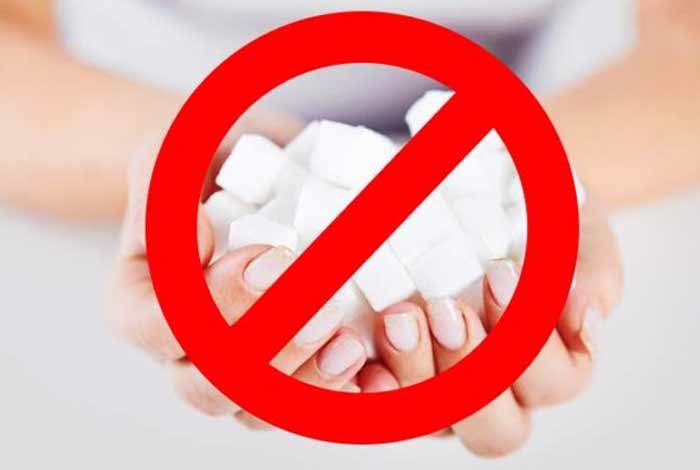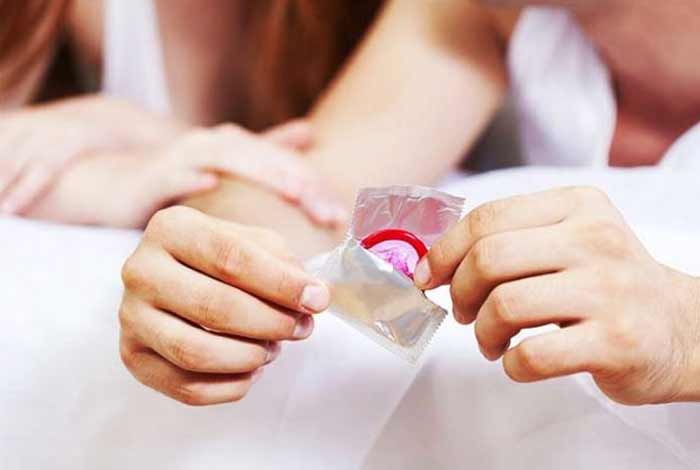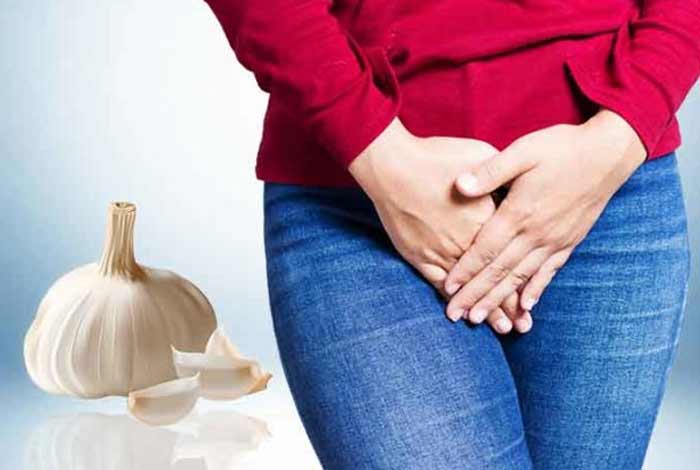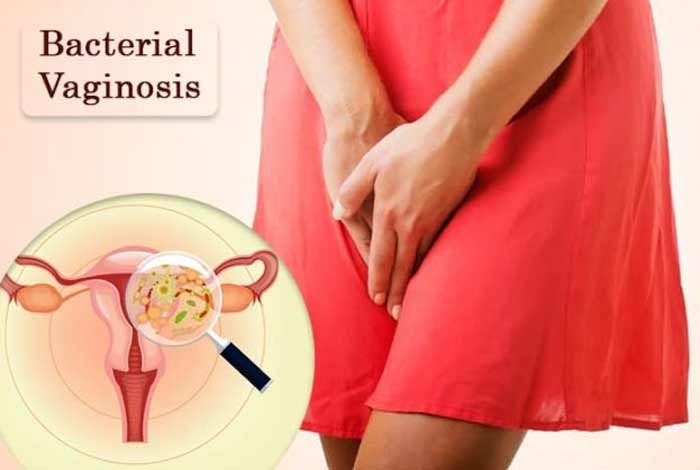
Overview and Facts:
Bacterial Vaginosis (BV) or nonspecific vaginitis is a mild infection of the vagina caused due to bacteria. There are some good as well as bad bacteria in the vagina. Good bacteria work against bad bacteria as it helps control the growth of bad bacteria. During this infection, the balance between good and bad bacteria gets disturbed, i.e., bad bacteria outnumber good bacteria. Though bacterial vaginosis is easily preventable and could go away on its own, it may lead to severe problems if not treated on time.
Also known as nonspecific vaginitis, bacterial vaginosis is a condition in which bacteria are the etiologic agents and no related inflammatory response occurs. Several studies indicate that Gardnerella vaginalis in association with other bacteria is responsible for BV. These bacteria include Prevotella, Lactobacillus and anaerobes like Peptostreptococcus, Bacteroides, Mobiluncus, Fusobacterium, Mycoplasma hominis, Veillonella, Eubacterium, Viridans streptococci, Ureaplasma urealyticum and Atopobium vaginae.
As per the U.S. Centers for Disease Control and Prevention (CDC), bacterial vaginosis is the most common cause of vaginal infections, but it is still not clear that what role sex activity plays in triggering this infection. In the United States, it has been estimated that BV occurs in nearly 21.2 million women, aged 14 to 49, according to a report. Some reports also claim that men with acidic sperm may be a cause of BV infections in their partners. However, this is still a matter of debate.

Types and Symptoms of Bacterial Vaginosis:
There is a grey white or yellow smelly discharge from the vagina. It gives fishy smell which may be worst after sex. Most women do not feel any symptoms if they have bacterial vaginosis. Also, sexually transmitted disease (STIs) can be a possible cause. It is advisable to get it tested by a doctor if anyone is experiencing these symptoms. Some common symptoms of BV are as follows:
- Abnormal vaginal odor
- Abnormal consistency of vaginal fluid
- Vaginal pain
- Vaginal discharge that may be bloody, yellow, white, green, etc.
- Vaginal burning
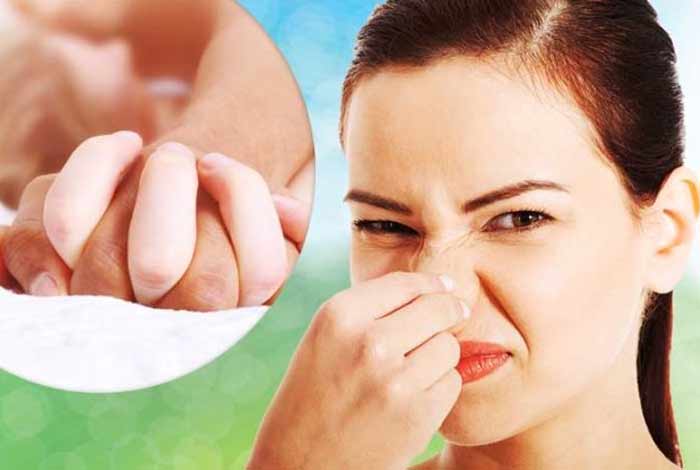
Risk Factors of Bacterial Vaginosis:
There is no direct link between sex and bacterial vaginosis, but it is found more in the women who have more than one sex partner. Moreover, this infection occurs more in women, who have sex with other women.
The practice of douching or rinsing the vagina with water disturbs the natural environment of the vagina. This leads to unusual growth of anaerobic bacteria, which eventually causes bacterial vaginosis.
If the vagina is not producing good bacteria, i.e., lactobacilli, you are more prone to develop this infection.

Do I have Bacterial Vaginosis?
There are several common causes of vaginal infections. It may be bacterial vaginosis, but it is advisable to get it examined from your doctor as it may lead to some severe conditions as well.
Sexual transmitted diseases like genital warts, genital herpes, trichomoniasis, chlamydia and gonorrhea all can cause vaginal irritation and itching as in the case of BV. Menopause can too exhibit such symptoms as it makes the vaginal wall thin and dry. Sometimes, chemical substances, such as condoms, douches, cream, laundry detergents, scented toilet papers and soaps can irritate the vulva and vagina. Yeast infection may also be the reason for vaginal discharge and irritation.
Causes and Prevention of Bacterial Vaginosis:
1. Causes of Bacterial Vaginosis:
Doctors are still not sure about the exact cause of this vaginal infection. However, there are some factors that make it more likely to happen. The risk of getting this infection is higher if:
- A woman having sex with more than one partner or with a new partner.
- Douche
- If the vagina does not produce enough of lactobacilli bacteria, then it is more prone to bacterial vaginosis.

2. Prevention of Bacterial Vaginosis:
Personal hygiene plays an important role in the prevention of bacterial vaginosis. A woman should avoid:
- Different sex partners
- Douching
- Constant use of condoms.
Diagnosis and Tests of Bacterial Vaginosis:
Doctors diagnose bacterial vaginosis with a pelvic test and may ask for related symptoms. Also, they take a sample of vaginal discharge to test the actual cause and the extent of this infection.

Treatment and Care of Bacterial Vaginosis:
Doctors usually prescribe antibiotics to treat bacterial vaginosis. These come in the form of pills, creams or capsules, known as ovules that are required to be put in the vagina. If a woman is pregnant, it is safe for her to take pills, but only after consulting a doctor.
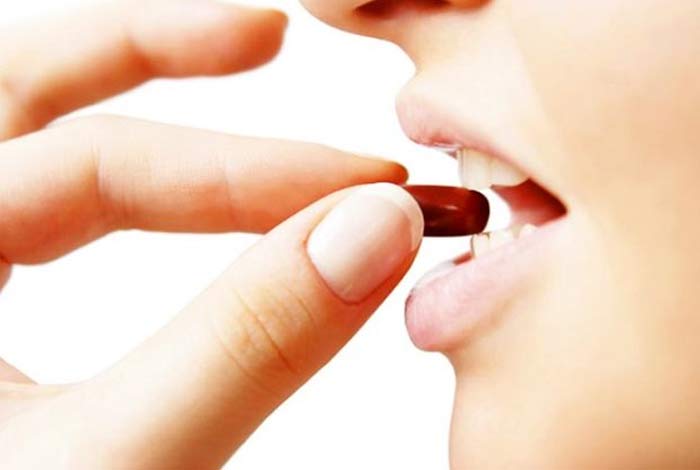
OTC Medication and Self-Management Methods for Bacterial Vaginosis:
1. OTC Medication for Bacterial Vaginosis:
If bacterial vaginosis is left untreated, it can cause many complications. The condition can be managed using several over-the-counter medications:
- Vaginal Douching: Acidic in nature, douches, such as boric acid and vinegar douche, can help to acidify the vagina. It helps in keeping the vagina clean. Douches kill the microorganisms that are already present there and stop their growth. If the vagina is severely affected, then douching can cause allergic reactions and itching. So, keeping in mind the sensitivity of the problem, douching is a good alternative to prevent BV.
- Betadine Feminine Wash: Betadine bears antiseptic properties. It kills germs, prevents the vagina from soreness and swelling, restricts fungal growth. This wash is used in menopausal, menstruating and post-partum women. It controls genital itching and heals wounds after perineal repair. Betadine may sometimes cause irritation as well. In such cases, contact the doctor immediately.
- Lactobacillus Acidophilus: This is good bacteria or a probiotic, which is used to treat vaginal infections. It is effective as the probiotic produces vitamin K, lactase and other microbial substances. This comes in the form of capsule, tablets and vaginal suppository. It should be used with caution in women with weak immune system.
- Tea Tree Oil: It has antifungal and antibacterial properties. It is used to treat vaginal infection as it is known to reduce itching caused by bacteria or yeast. It should be used after taking an advice from the doctor to treat any ailment.
2. Self-Management Methods for Bacterial Vaginosis:
The best way to keep the vagina healthy and free from any infection is to practice good hygiene habits that helps good bacteria to flourish. Here are some of the practices that helps prevent bacterial vaginosis:
- Quit smoking
- Consume only those medicines that are recommended by your doctor
- Do not use talcum powder as it can be harmful
Natural Ways to Treat Bacterial Vaginosis:
Here are some home remedies to treat bacterial vaginosis. In fact, these can be more effective than prescribed medications in some cases. Moreover, these treatments are without any side effect.
- Yogurt: It is a natural probiotic and contains healthy bacteria. Good for digestion, helps in establishing a balanced environment in the vagina.
- Garlic: Garlic is known for its strong antibacterial properties. Including garlic in your diet can be a safe way to treat bacterial vaginosis.
- Breathable Cotton Underwear: Wear cotton underwear, which are breathable. Do not choose tight panties that easily soak moisture. This promotes bacterial growth, which can worsen the infection.
Health Tips by Expert:
Experts suggests that low-sugar diet can be helpful in reducing the tendency of glucose excreted in the urine that promotes the overgrowth of pathogenic species of bacteria in the genitourinary tract. Moreover, including probiotics in your daily diets along with some other healthy dietary changes can help maintain the vaginal health and prevent it from bacterial vaginosis.
